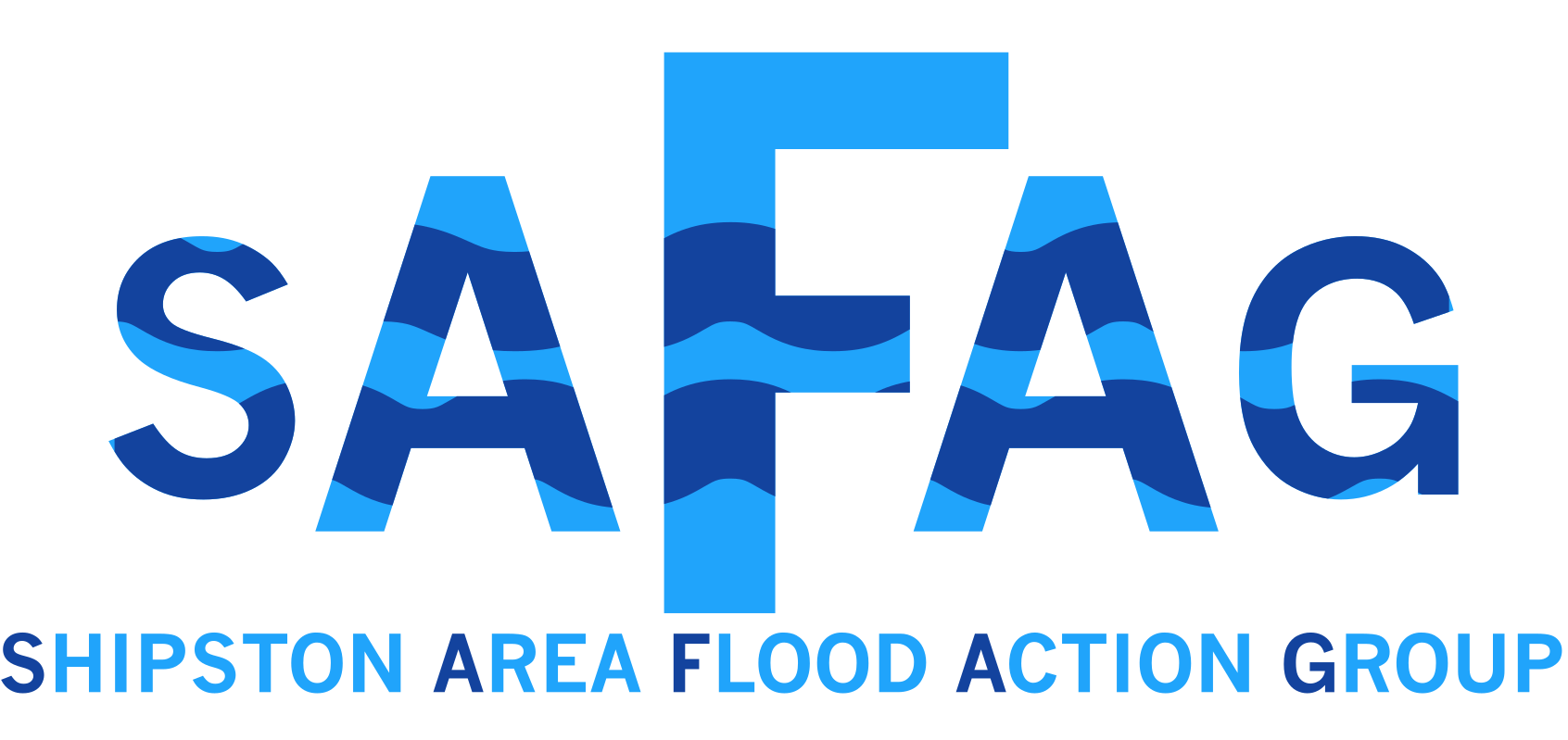
Ten years on from the fearsome floods of July 2007
Ten years ago this month – on Friday 20th July 2007 to be precise – Shipston and many surrounding villages suffered the worst flooding ever recorded. The River Stour reached a level of 5.22m, and while the flooding was over within 12 hours, it left devastation in its wake. Approximately 130 homes and businesses were affected, as well as roads and other infrastructure.
Looking back, the then Mayor, Alan Noyce, said: “That day, and its aftermath, was traumatic for a lot of people. While the town council did all it could to help, I’m extremely grateful to the community for how they responded. A lot of people gave a lot of time to help friends and neighbours get back on their feet.”
Since that day, much has been done to reduce the likelihood and impact of flooding, while contingency and emergency plans have been improved to ensure help is available when needed.
Councillor Fay Ivens leads the Emergency Response Team. “Following the 2007 floods, the town council’s Emergency Plan has been completely revamped. When flooding is imminent, our contractors actively monitor river levels, distribute sandbags and offer reassurance to residents affected. In addition, we have a pool of people we can call on to move furniture should properties be affected in future. We also have a number of emergency centres we can call on to provide temporary accommodation, should that ever be necessary. To my knowledge only one property in, the town has been flooded since 2007.”
Many other initiatives were progressed following the 2007 floods, including a flood fair to raise awareness of prevention measures, with Stratford District Council providing grants to some homeowners to help fund equipment. However, the most significant progress made to reduce flood risk has been the creation of the Shipston Area Flood Action Group (SAFAG) in 2014.
SAFAG has already completed property surveys, the publication of an Emergency Advice booklet for residents and a Town Flood Resilience Plan. Regular meetings with the major agencies have resulted in the clearance, repair and replacement of damaged road drains and a more frequent maintenance programme. Severn Trent Water has upgraded the capacity of the pumps at Newbold pumping station and undertakes more regular inspections.
SAFAG meets housing developers to agree schemes which minimise water run-off and is developing natural flood management schemes to reduce the frequency and impact of future flooding. Natural flood defences are more ecologically friendly, can help to reduce sediment and phosphate run off leading to improved water quality and the creation of wildlife habitats. They are also more cost effective and can be implemented in stages which is useful for funding purposes.
Len Grey, SAFAG member, said: “Our progress is attracting interest from senior members of government organisations. We have just hosted the Executive Director of the Environment Agency, who spent an afternoon understanding our progress and visiting our first natural flood management site. Close interest at this level will hopefully lead to greater practical and financial support.”
Mayor, Dan Scobie, said: “I am extremely proud of our town – not only for the courageous way residents and businesses coped with the devastating floods in 2007, but for the way in which volunteers have sought ways to minimise flood risk in the future. I would particularly like to congratulate SAFAG on their achievements to date.”

Comments are closed.